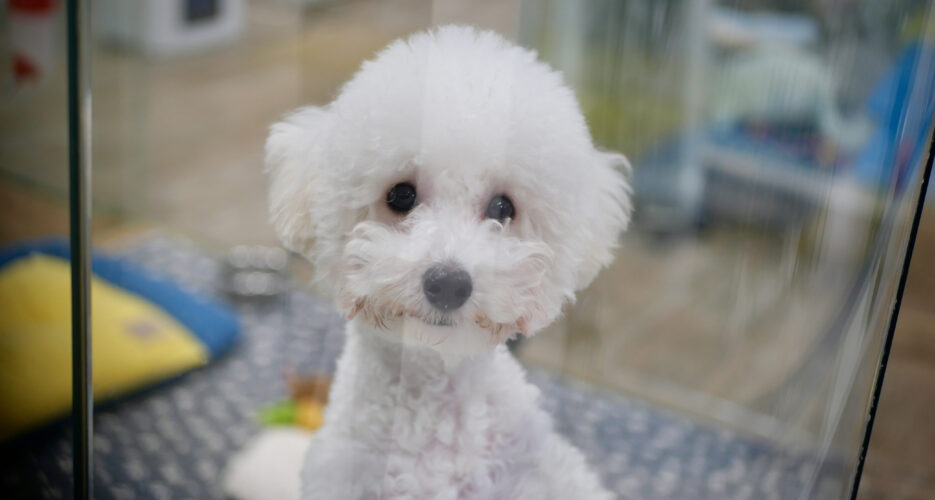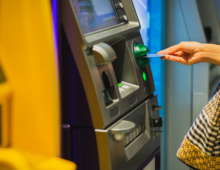Activists are pushing legislation to reform South Korea’s animal sales, but face stiff opposition from pet industry
It’s a common sight across South Korea: Puppies, ranging from tiny Maltese to fluffy Pomeranians, peer out from stacked glass boxes at pet shops along city streets or in department stores, anxiously wagging their tails inside their cages.
These stores are where many would-be pet owners find their next furry family member, welcoming places filled with cute animals.
It’s a common sight across South Korea: Puppies, ranging from tiny Maltese to fluffy Pomeranians, peer out from stacked glass boxes at pet shops along city streets or in department stores, anxiously wagging their tails inside their cages.
These stores are where many would-be pet owners find their next furry family member, welcoming places filled with cute animals.
Get your
KoreaPro
subscription today!
Unlock article access by becoming a KOREA PRO member today!
Unlock your access
to all our features.
Standard Annual plan includes:
-
Receive full archive access, full suite of newsletter products
-
Month in Review via email and the KOREA PRO website
-
Exclusive invites and priority access to member events
-
One year of access to NK News and NK News podcast
There are three plans available:
Lite, Standard and
Premium.
Explore which would be
the best one for you.
Explore membership options
© Korea Risk Group. All rights reserved.
No part of this content may be reproduced, distributed, or used for
commercial purposes without prior written permission from Korea Risk
Group.












